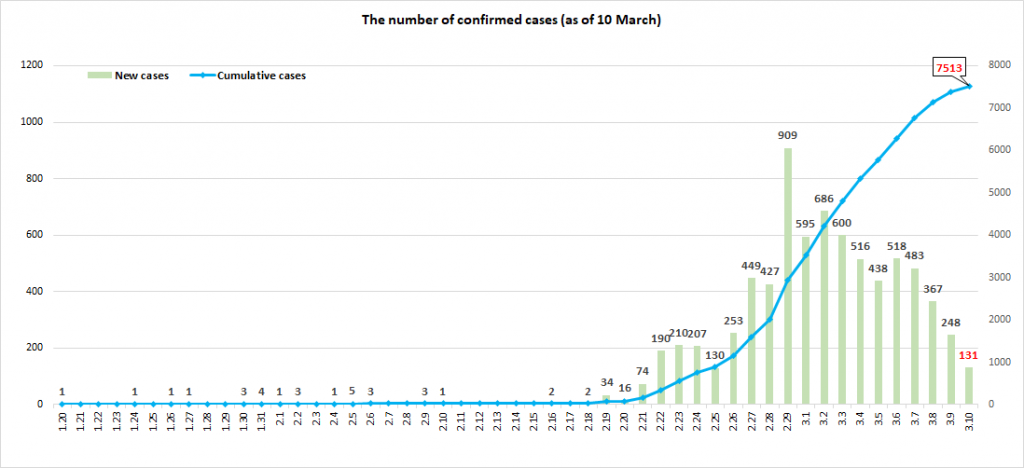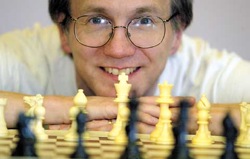“Without a plan, you are lost.”
This is something that my college Russian teacher (who was also a chess player) once told me. He was a spy during World War II, and he said that once he was on a train when the police came on and started checking people’s documents. He proceeded to explain how he managed to escape detection, and unfortunately I have forgotten the details. I never forgot the moral, though: “Without a plan, you are lost!”
As I write this post, chess events are being cancelled left and right in California. The CalChess State Scholastic Championship, scheduled for this weekend, has been canceled. A free scholastic tournament in San Francisco, scheduled for the last weekend in March, has been canceled. Too bad — my students were looking forward to that one! Some events may be rescheduled later in the spring, but there isn’t much time left in the school year.
It’s very reasonable to ask, as my chess and Facebook friend Craig Mar asked, “Are the fears justified?” My answer may surprise you. In my opinion, fear is not justified, but action is justified.
It all comes back to having a plan. If my Russian teacher had let himself give in to fear, he would not have escaped. But instead, he had a plan. Chess players know this, too. When your opponent comes up with a move you hadn’t expected, you can’t decide your next move out of fear. You have to calm down and make a plan.
In the case of coronavirus, or COVID-19, the outlines of a plan are becoming more clear. You can see them in the graph of new cases day by day in South Korea, which I lifted from the Korea Center for Disease Control website.

I’m not sure how legible the numbers are, but the trend of the green bars is unmistakable. Since February 29, when there was a peak of 909 new cases, the number of new cases has dropped dramatically day after day. The lesson is that the coronavirus epidemic can be contained with sufficiently aggressive measures to restrict contact between people.
We had already heard about this in China, where the number of new cases is also decreasing. There’s always a little bit of doubt, though, when you have a sample size of one. That’s why I think South Korea is important. They have a democracy a lot like ours. And they, too, are having success at keeping this epidemic from spreading.
This knowledge means we have a knob to turn. We are not completely powerless. And that means we can also make a plan. Start out by getting the epidemic under control. Then ease up on the restrictions on travel and public gatherings. See if the epidemic stays under control. If not, turn the knob again. The goal is simply to keep it under control until we have a vaccine, a year or so from now. After that, maybe we can go back to something resembling a normal life.
I wonder what the kids are thinking who were planning to play chess this weekend. Do they think that the adults have lost their minds? I hope not. I hope that instead they will see the adults modeling how a responsible person should behave in an unexpected situation. Make a plan. Without a plan, you are lost. In life, as in chess.



{ 1 comment… read it below or add one }
There’s a wonderful cartoon, “Around the World In 80 Days”, which was wildly popular in the Soviet Union in the late 70s/early 80s, loosely based on the Verne novel.
The detective Fix in the cartoon talks to himself all the time:
‘Do you have a plan, Mr. Fix?
‘Do I have a plan, Mr. Fix? I always have a plan, Mr. Fix!